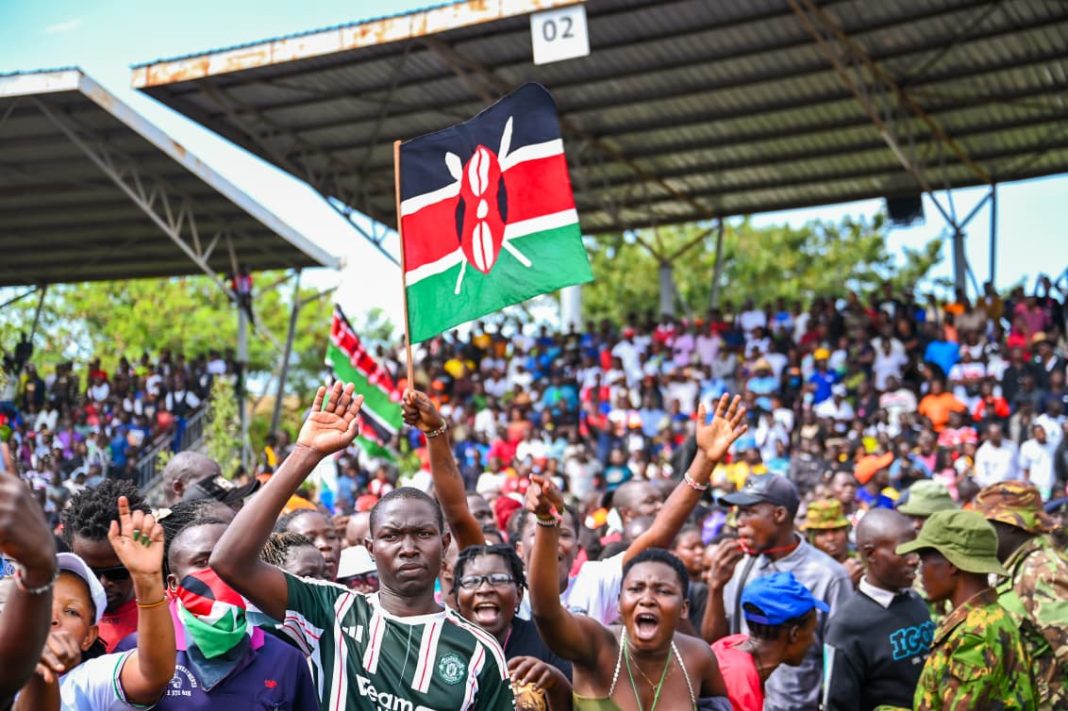By James Okoth
Kenya once stood on the brink. The streets were burning, churches were smouldering, and neighbours had turned against each other. From Kisumu to Eldoret, from Naivasha to Kibera, the country long hailed as East Africa’s pillar of stability had fallen into darkness. It was early 2008 — and the disputed presidential election of December 2007 had torn the nation apart.
On one side stood Mwai Kibaki, the incumbent president, hurriedly sworn in at dusk inside State House. On the other was Raila Amolo Odinga, the people’s choice, crying foul and calling for justice after what his supporters saw as a stolen election. The violence that followed scarred the nation — more than 1,000 lives lost, over half a million displaced, and a nation’s soul shaken.
Then came the men and women who would rewrite Kenya’s fate — Kofi Annan, the late UN Secretary-General, Benjamin Mkapa, the former Tanzanian president, and Jakaya Mrisho Kikwete, then President of Tanzania, who brought to the table a calm hand and a compassionate heart.
As chair of the African Union, Kikwete played the quiet mediator, the bridge between tempers and reason. His diplomacy was marked by empathy and subtle firmness. He spoke to hearts more than he argued with minds. At one tense moment, when talks seemed doomed, he told the two Kenyan leaders, “History will not remember who won this election; it will remember who saved Kenya.”
At the negotiation table, positions were entrenched. Amos Wako, the Attorney General, served as Kibaki’s chief legal adviser, tasked with interpreting how much the constitution could bend without breaking. Across the room, James Orengo, sharp and fiery, stood in Raila Odinga’s corner, guarding the opposition’s position against tokenism.
The talks dragged on. Every word of the draft agreement was contested. Every comma carried political weight. The country held its breath. The dead were still being buried, the displaced still sleeping in camps, and the economy was bleeding.
The stalemate came down to one issue: the structure of power. Raila demanded that the Prime Minister’s position be anchored in the Constitution, arguing that only a legally protected role would prevent betrayal. Kibaki preferred a temporary executive arrangement, inserted by statute and dissolved once calm returned.
Kofi Annan, seeing the talks deteriorate, took a bold step. Together with Kikwete, he quietly requested that all aides, lawyers, and advisers leave the room. Only Kibaki and Raila remained — two men, once allies, now adversaries, staring at each other across a small table in an undisclosed hotel room.
For hours, they argued, listened, paused, and argued again. Voices were raised, tempers flared — but at some point, exhaustion gave way to understanding. They spoke not as politicians, but as patriots who realized that the nation’s survival depended on them. When they emerged, the tone had changed.
The agreement that followed — the National Accord of February 28, 2008 — birthed the Grand Coalition Government. Kibaki remained President. Raila became Prime Minister, heading half the Cabinet. Kenya had been pulled back from the edge.
Through it all, Jakaya Kikwete remained the steady hand and the calm conscience. He guided, listened, and soothed. He was the moral buffer between egos — the one who could speak truth gently and still be heard.
And over time, out of that storm of diplomacy, grew a friendship. What began as formal engagement between leaders became a bond of brotherhood between two men — Kikwete and Raila Odinga.
Years later, when Raila breathed his last, Kikwete’s grief was personal. He mourned not a political ally, but a man he had come to call family. Standing before mourners in Bondo, Kikwete’s voice trembled as he recalled the peace talks, saying that Raila was not just a Kenyan statesman, but a son of Africa whose courage and honesty transcended borders.
To Tanzania, Kikwete said, Raila was “the most Tanzanian of Kenyans” — a man who could cross the border and be received as a brother, not a guest. And to Kenya, Kikwete himself remains the bridge that joined two nations, carrying the warmth of Dar es Salaam to the political cold of Nairobi, a reminder that peace is always possible when humility meets courage.
The Grand Coalition may have been born of crisis, but it was sustained by compassion — by men like Kikwete, who believed that diplomacy is not about who speaks the loudest, but who listens longest.
As Kofi Annan once said, “Kenya’s peace was not negotiated on paper; it was negotiated in the human heart.”
And it was Kikwete, more than anyone else, who kept that heart beating — a true statesman whose friendship with Raila Odinga outlived politics, and whose legacy will forever bind Kenya and Tanzania in brotherhood.




